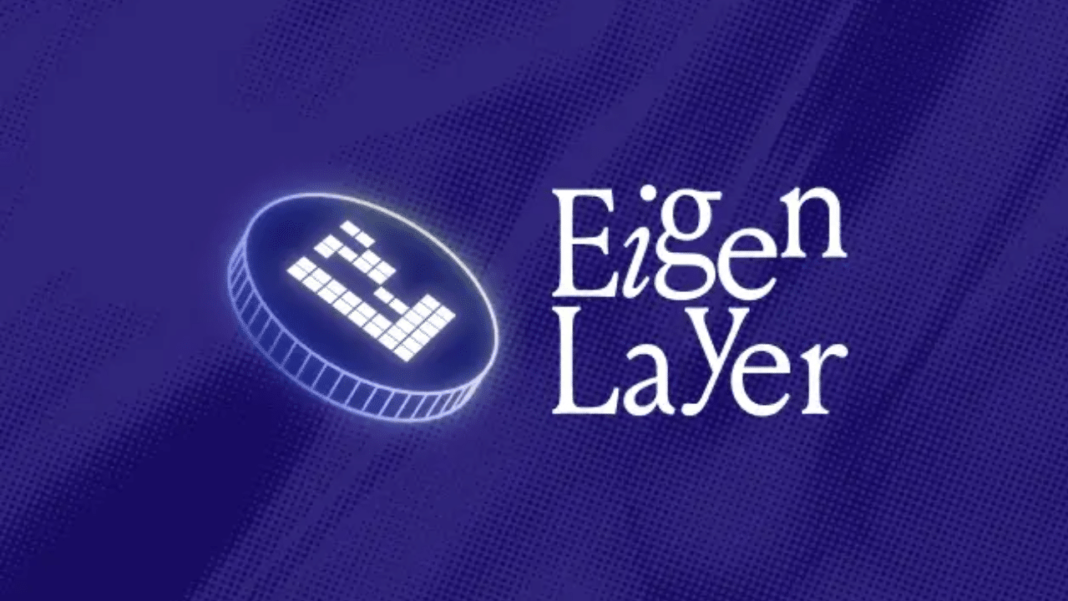The BRICS alliance unveiled a new payment system that bypasses the US dollar for all trade and transactions. The system, called ‘BRICS Pay,’ is a type of credit and debit card that seamlessly transfers money in real-time without the need for the SWIFT messaging system and the US dollar.
The alliance released an exclusive video on how the BRICS Pay system works highlighting its importance. Participants in the BRICS Business Forum got to test the new payment technology and understand the way it functions.
Also Read: 35 New Countries To Abandon US Dollar at 2024 BRICS Summit
Watch the exclusive video below, which was shared by the bloc, on how the BRICS Pay system works.
The video shows the BRICS Pay card equipped with 500 rubies that can be used for payment in three locations at the World Trade. The card could soon be activated across all BRICS countries giving them access to the new payment technology.
Also Read: Donald Trump Makes Huge Announcement on BRICS De-Dollarization
BRICS Pay: A New System To End Reliance on the US Dollar
Source: securityaffairs.com
If the BRICS Pay cards are distributed across the member countries, payments in local currencies will increase tenfold. Businesses could seamlessly begin to settle large transactions in local currencies and begin to ditch the US dollar.
Also Read: BRICS Settle 65% Trade in Local Currencies & Not the US Dollar
The development could equip the nine-member bloc with new technologies without depending on the US dollar. Billions of dollars worth of cross-border goods could be settled using the new BRICS Pay cards. Read here to know how many sectors in the US will be affected if BRICS ditches the dollar for trade.
The development could also be a game changer for emerging economies and push the de-dollarization agenda to a new turf. Moreover, if the BRICS Pay becomes a success, several developing countries could begin using it to pay in local currencies and strengthen their native economies and businesses. On the other hand, the US dollar will be on the path of a major global decline.






